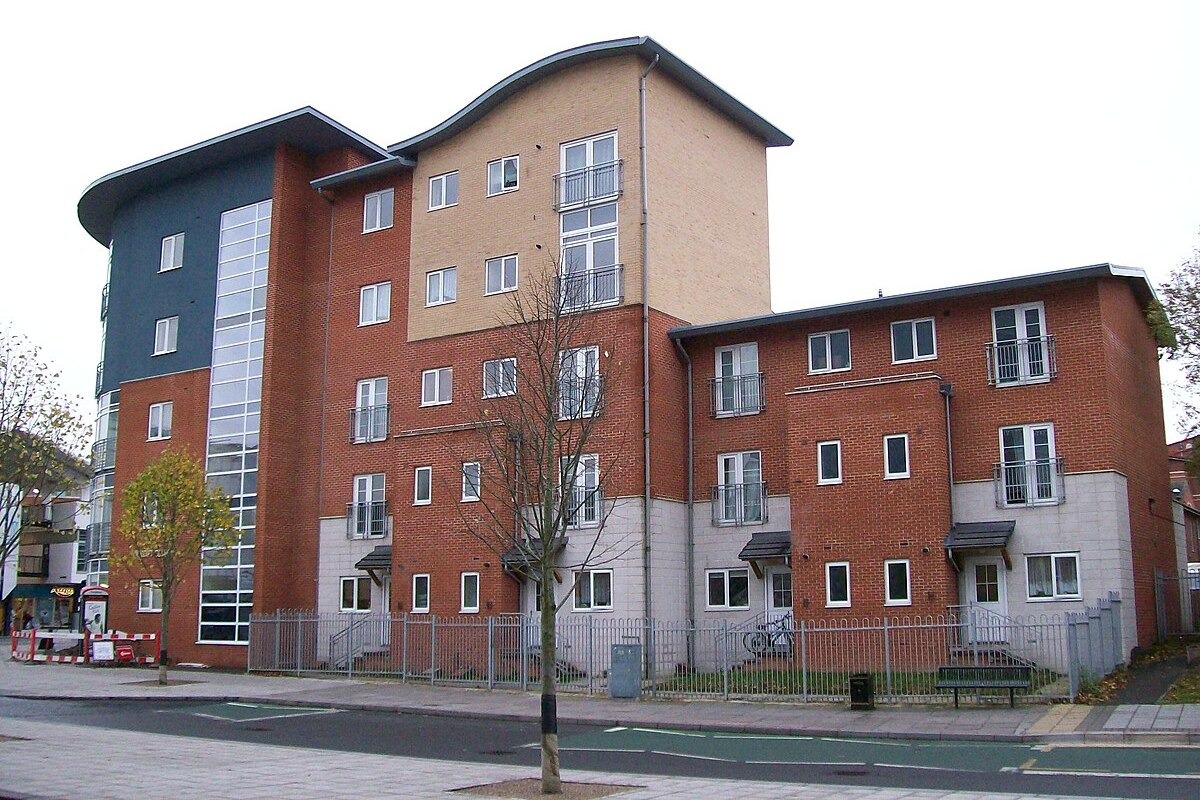You are viewing 1 of your 1 free articles

Joe Fortune is general secretary of the Co-operative Party
A more cooperative approach to housing
Community-led and co-operative initiatives are the alternative to the housing emergency, writes Joe Fortune
The UK’s housing market has reached breaking point. Private renters regularly face exploitation, homeowners are seeing their mortgage payments soar, and leaseholders are trapped in a system of rising service charges with no recourse for action.
Even before all that, many have to battle to find somewhere decent to live, with long waiting lists and costly deposits the norm. At present, the UK’s housing system has completely failed to ensure everyone has access to a safe and secure home.
Our country is no longer just facing a housing crisis. What we’re experiencing is nothing short of a housing emergency.
It’s time for change: time to reform the market and time for a sector which works for both people and planet. A more co-operative approach to housing rarely gets the attention or backing it deserves, but can offer residents more control over their homes by giving them a proper say and stake in the place they call home.
Taking a more democratic approach, co-operative housing means the residents own the property (or properties) as one collective – working in the interests of the people who live there by building better community engagement and delivering higher-quality homes.
The principles of co-operation – such as democracy, equality and equity – are deeply rooted in the day-to-day running of a housing co-op, with each member having an equal voice in decision-making and no member making a profit to the detriment of another.
This ultimately results in those living in the co-op having a greater sense of control over their housing situation and can lead to lower costs, due to residents working together to improve and maintain their homes.
“The principles of co-operation – such as democracy, equality and equity – are deeply rooted in the day-to-day running of a housing co-op”
Through a mix of seed capital and tearing down some barriers to entry, the expansion of co-operative housing can help create a fairer housing system that is democratic, decentralised and ultimately allows everyone access to a safe and secure home. Despite the lack of support, there are 300 housing co-ops operating all over the country – transforming the lives of thousands of people.
Students, often referred to as the cash cows of the housing market by private landlords, are buying into the ideas and values of the co-operative housing movement. Students in Edinburgh, Belfast and Birmingham have successfully used collective action to set up their own housing co-ops to combat rising rents and escape exploitation by rogue landlords.
Most importantly, it’s catching on. The student co-operative housing movement is inspiring other students in many parts of the country to do the same and start their own co-ops at their own universities.
Despite the huge benefits and transformative nature of co-operative housing, the sector rarely receives the attention it deserves and is often not the first port of call for those struggling with housing needs.
The lack of funding and the risk of demutualisation has substantially reduced the availability and prevalence of co-operative housing in recent years, compared with other European countries.
Co-operatively owned housing currently makes up a mere 0.1% of the UK’s housing stock, compared with 17% in Sweden and 15% in Norway. It’s clear co-operative housing can play a far larger role, and it’s time for the UK government to rise to the challenge.
“Despite the lack of support, there are 300 housing co-ops operating all over the country – transforming the lives of thousands of people”
A new, ambitious plan for co-operative housing growth will require a supportive government, starting with establishing a legal basis for co-operative housing tenure and creating a co-operative housing strategy. To support further growth, the government should establish ministerial responsibility to grow the co-operative housing sector.
New funding mechanisms and support apparatus would help to develop confidence and awareness of this housing model. To encourage risk-adverse mortgage lenders, the government should create a guaranteed buy-back scheme of last resort on mortgage products for homes that are co-operatively owned.
Development agencies should be supported to deliver services, including start-up and financial advice, for new housing co-ops. Universities should be encouraged to promote student housing co-operatives as a viable alternative to private landlord provision.
The government should finally abolish the archaic leasehold system. This has trapped residents in unaccountable and undemocratic situations, with ever-rising service charges. Converting all leasehold properties to commonhold would empower residents, creating a more democratic system similar to the American condominium tenure.
In the past 13 years, 16 MPs have graced the office of housing minister, with seven just in the last two years. This has added to the chaos in the housing sector. So I say to the new housing minister: as the market continues to battle with challenges left, right and centre, there has never been a more important time to turbocharge co-operatively owned, democratic housing here in the UK.
Joe Fortune, general secretary, Co-operative Party











